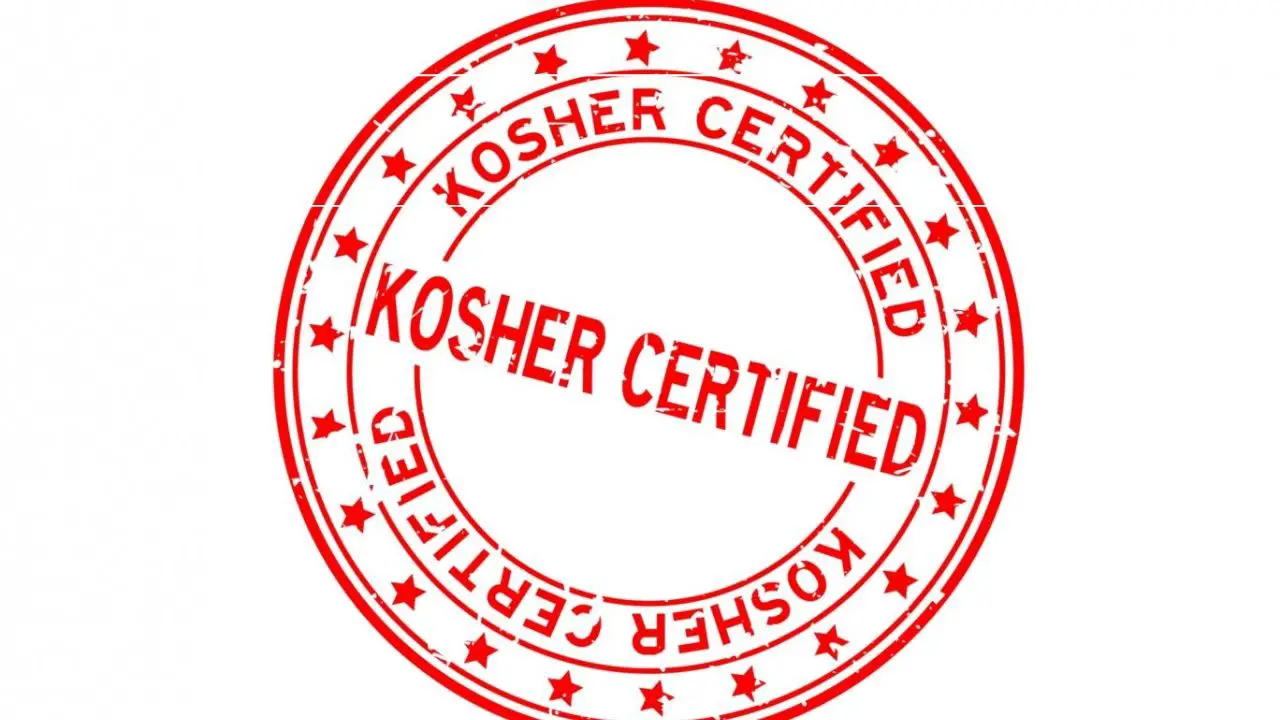The Judaism Kosher or Kashrut is dietary laws that specifically set forth the foods Jews are permitted to eat and how these foods must be prepared.
Kosher Definition
The word Kosher means “fit,” “proper,” or “appropriate.” Adhering to the laws of Kosher calls for greater attention and respect of food, and maintaining a kosher kitchen ensures that a home remains open to observant Jews.
In times past, eating and drinking carried grave religious obligations. Strict adherence to dietary laws reinforced the Jews’ identity as being a holy and chosen people.
Further, some have claimed that the Jewish dietary laws afforded beneficial health effects, although this became less of a factor with the advent of refrigeration.
The primary reason for keeping kosher is because God commanded their fulfillment as mitzvot. In fact, the laws of kosher belong to a category of mitzvot known as chukkim, laws that don’t have any logical reasons behind them.
Although certain branches of Judaism do not require members to adhere to kosher, and others are less demanding in its application, keeping kosher is a fundamental component of Halakah.
Treyf- The Opposite of Kosher
“Treyf” is any food or thing that is not kosher. This may include foods that are prohibited for consumption in general as well as foods prepared incorrectly.
The Torah specifies animals that do not have cloven hooves and do not chew their cud may not be eaten—hence, no pork. As for seafood, observant Jews are restricted to fish that have both fins and scales—so shellfish are forbidden.
Products derived from treyf animals are likewise not permitted—this applies to milk, eggs, fat, and organs.
Although Judaism does not require vegetarianism, the method in which animals are slaughtered and primed is critical. Animals may be slain for food, skins, and clothing only when there is a genuine need. Cruelty toward animals and hunting for sport are strictly forbidden.
Animals must be slaughtered in the most humane way possible, and there are specific mitzvot that govern animal slaughter. The ritual slaughterer, known as a shochet, carries out this act with a swift stroke of the blade across the animal’s throat. Animals who have not been slaughtered properly are deemed treyf and may not be consumed.
According to the Torah, the essence of life is in the blood. To consume the blood of an animal is to consume its life—an act strictly prohibited. Consequently, following slaughter, animals must be drained of blood. All residual blood is drained from the meat during food preparation, either by broiling, soaking, or salting.
Probably one of the better-known aspects of kosher is the separation of meat and dairy products. The basis for this is found in the Torah: “You shall not boil a kid in its mother’s milk,” a statement that appears in the Torah three times.
The separation includes not only the foods themselves but also the utensils involved in cooking, the plates and flatware used to serve and eat the food, and the towels and dishwashers employed in cleaning up.
Further, Jews who observe these dietary laws must wait at least several hours before moving from fleishig (meat) to milchig (dairy) to avoid mixing inside their own bodies.
Often, restaurants and food markets may advertise kosher-style products, but such products are not necessarily kosher.
Traditional Jewish foods such as bagels, blintzes, and even matzah (unleavened bread eaten at Passover) and grape wine may not be kosher if they are not prepared in strict accordance with kosher.
Examples of Kosher food
As described above, lamb and beaf are considered kosher if it was slaughtered humanely in accordance with judaism kosher laws.
Chicken, deer, goats, goose and turkey are also kosher.
kosher fish are with fins and scales, for example: salmon, tuna, carp and herring. However, catfish are not kosher.
In addition, fish do not consider to be meat, so all kosher fish could be eaten with dairy.
By the way eggs, same as fish, are considered “Pareve” (neither flesh nor dairy) and can appear in any kosher dish.


